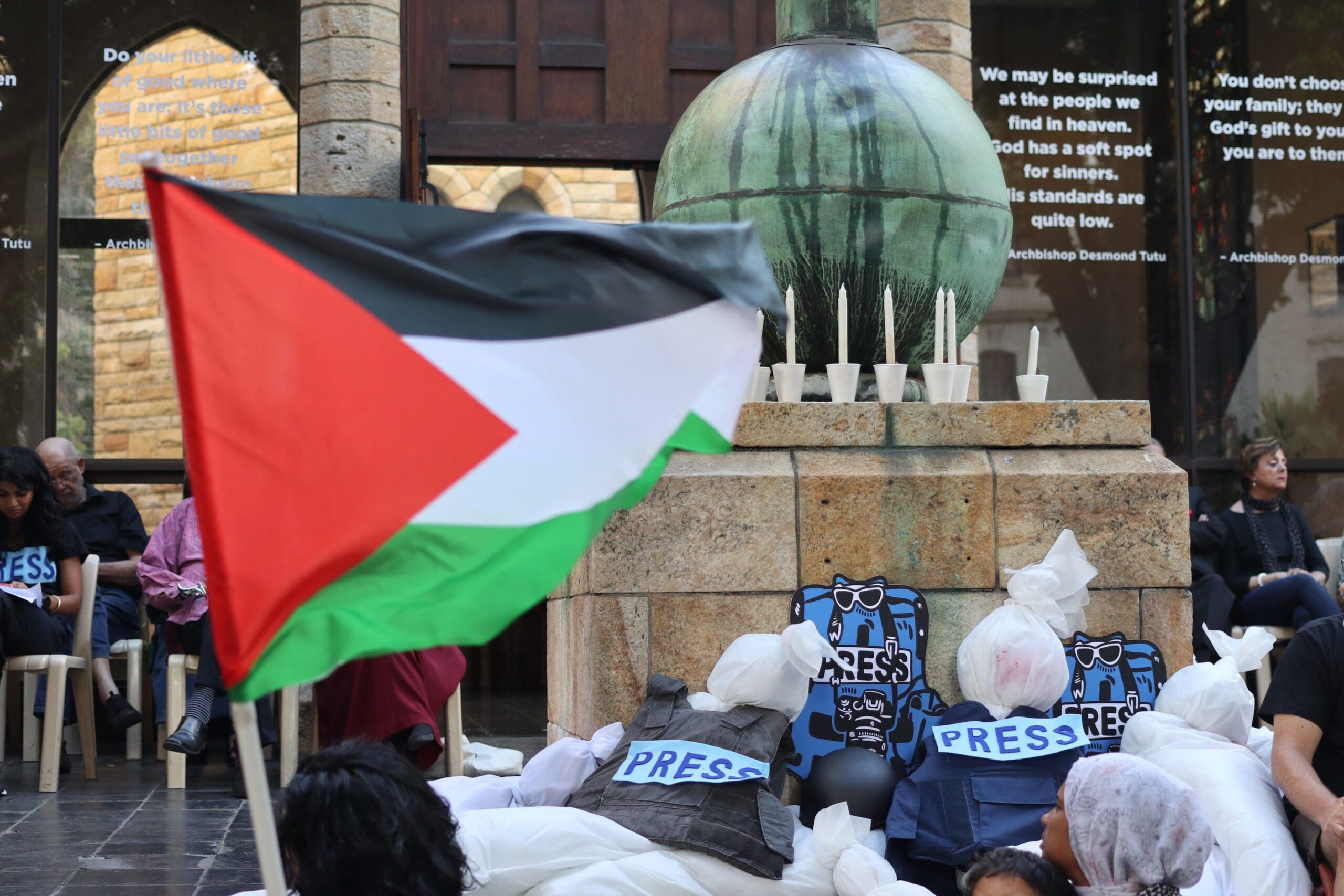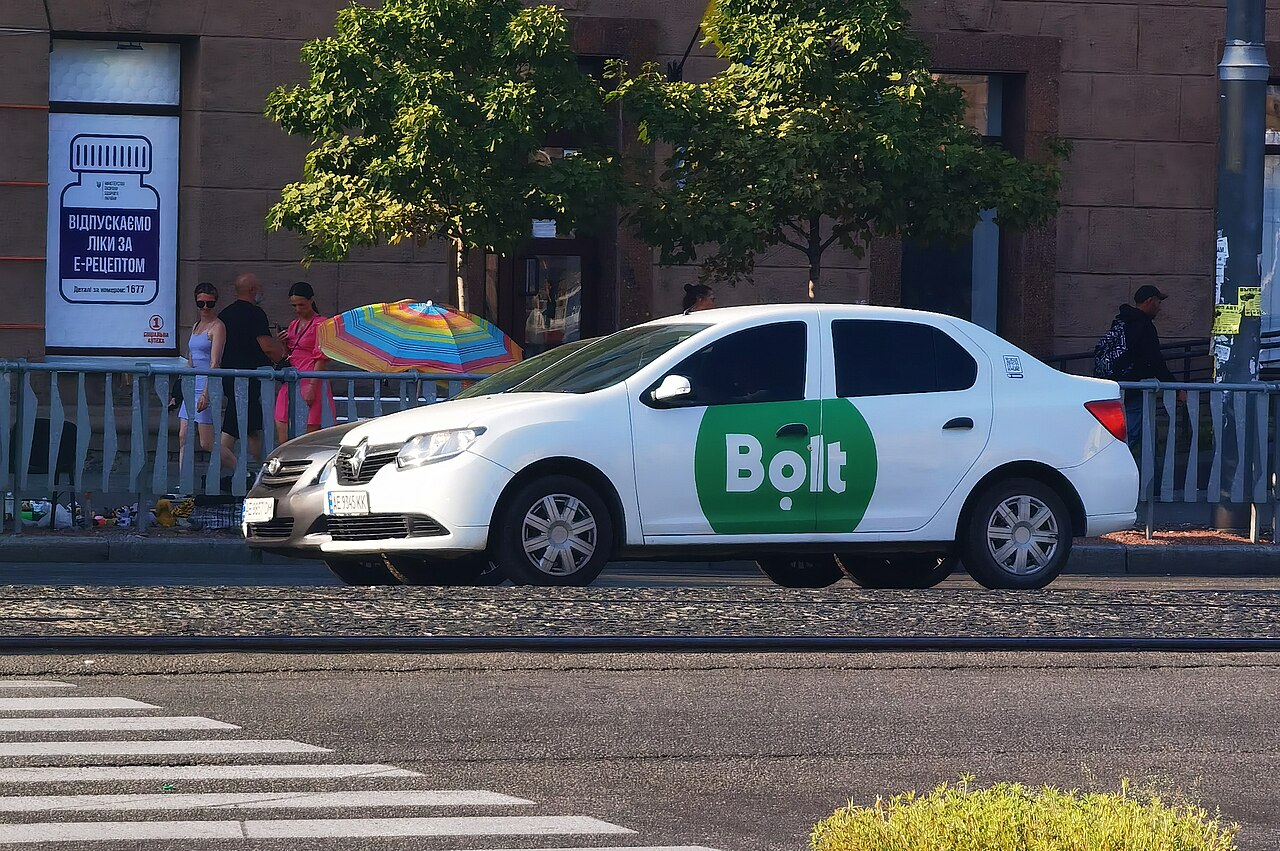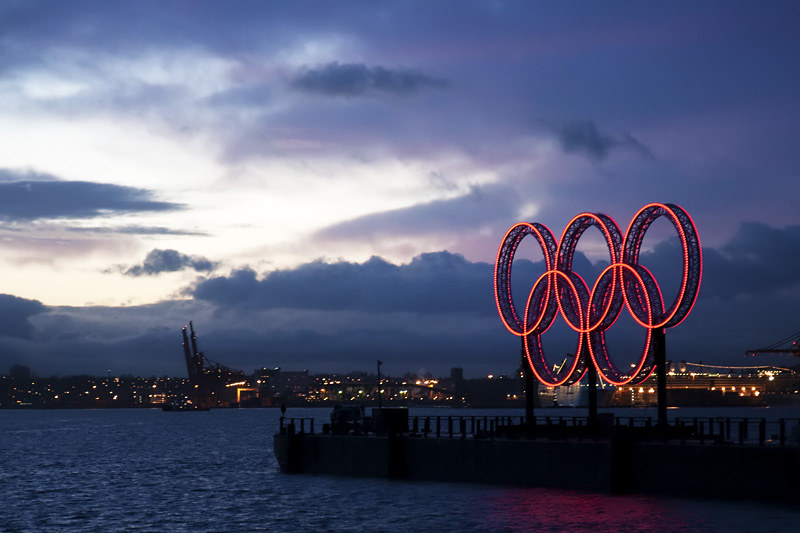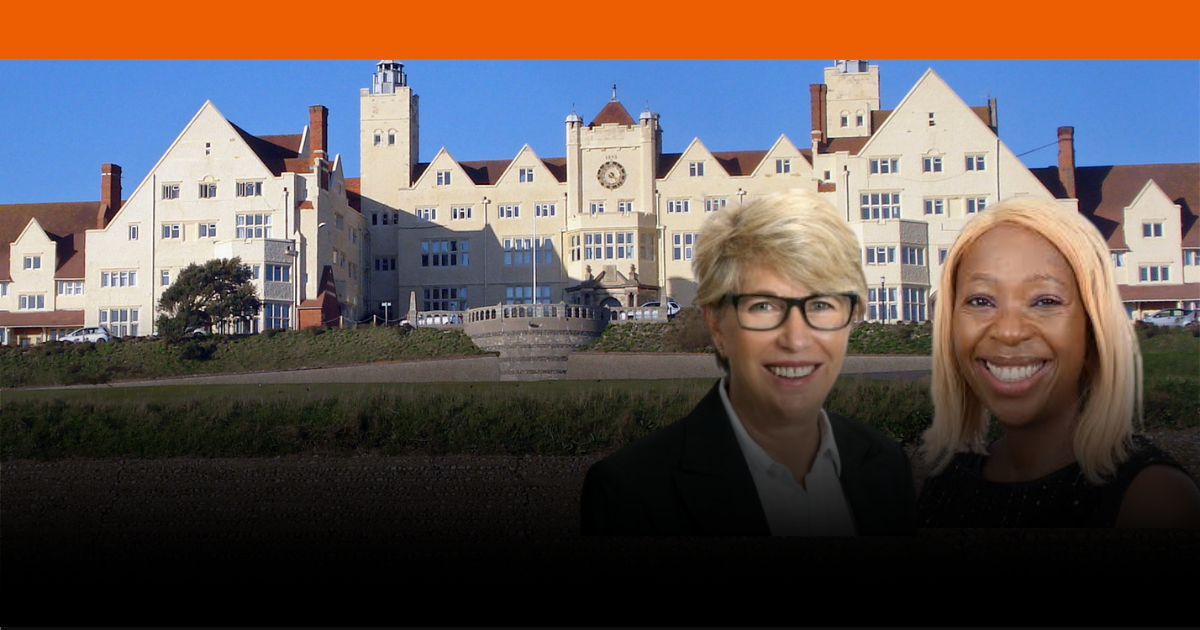In an interview with explain, Songezo Zibi, the leader of Rise Mzansi, offered his take on the ANC-government approach to Israel-Palestine and why he believes South Africa is now in an isolated position.
“It is my responsibility as a government to make sure that what happens abroad does not undermine our national unity here. And you need to think carefully about how you frame yourself in the issue, so that you sustain the national project,” says Zibi.
“There is a backward understanding of how to conduct international affairs, and unfortunately, it’s going to harm us. And I’m hoping that, you know, people don’t think that I’m saying […] we shouldn’t do the right thing, but you do the right thing in a way that strategically bolsters rather than weakens you and I think we are more likely in a weaker position”.
On a domestic front, Zibi notes the ANC government’s failure to preserve national unity. “South African society, or at least say, the upper, middle, and upper strata of South African society is very divided by this issue.”
The religious divide caused by this conflict is an undeniable issue that Zibi believes the government has failed to adequately address. “Ramaphosa only met the Jewish and Muslim communities the other day. […] They should have done it in October.”
As a political party, Rize Mzansi’s stance is simple and straightforward, according to Zibi. “For us, it’s a human rights issue. It’s an international law issue. Regardless of the religious element that has emerged in this conflict, it is a matter of human rights abuses,” he adds.
“People are dying every day,” and it is in this context that South Africa has called for a ceasefire, says Zibi. “Secondly, we’ve called for humanitarian aid. And thirdly, we have said the only solution that is a sustainable solution is a situation where the Palestinians have a free, fully sovereign state, not this Bantustan they have right now,” says Zibi.
“The problem emerges in that the peace arrangements South Africa has negotiated have not resulted in any form of Palestinian sovereignty. “The ANC government has conflated its position between [humanitarian aid and international law],” says Zibi.
The decades-long Israel-Palestine conflict escalated on 7 October 2023, when Hamas gunmen entered Israel’s borders, killing 1200 civilians and taking more than 250 hostages. The subsequent retaliation from the Israeli government in Gaza has resulted in a death toll of more than 28,000 people, primarily women and children.
In an attempt to appease the conflict, the South African government brought a case before the International Court of Justice (ICJ) accusing Israel of genocidal acts in its assault on Gaza. The ICJ ruled in favour of the South African delegation’s arguments, determining Israel’s actions in Gaza as “plausibly genocidal”.
While Palestinians, pro-Palestine campaigners and sympathetic states offered their support for South Africa’s case at the ICJ, the potential repercussions for South African International relations and geopolitics have sparked concerns regarding how the ruling ANC government has handled their role in the conflict.
The Israeli-Palestinian conflict has become a divisive part of the domestic conversation and an issue of national importance in South Africa, especially in light of the upcoming national elections.
While the EFF offered explicit support for the ICJ case, other opposition parties, such as the Democratic Alliance (DA), made their reservations clear. Although standing firm in their support of the ICJ ruling for preventative measures in Gaza, the DA viewed the ANC government’s actions as a means to “score political points” rather than a genuine interest in advancing human rights. “Make no mistake, over the graves of Gaza, the ANC have spotted an opportunity and their misinformation machine is now moving ahead, full-throttle.”
The importance of international diplomacy has been sorely overlooked by South Africa. “[The ANC] talk a lot about BRICS partners,” yet none of the BRICS partners joined South Africa in the ICJ case, says Zibi.
In November 2023, parliament adopted a motion to close the Israeli Embassy in South Africa. “Which of our BRICS partners have done that? They haven’t! That doesn’t worry us?,” says Zibi. If BRICS is to be considered a geopolitical bloc, these ‘alliances’ need to be utilised if not considered, he says.
“You need to think about who’s with you. And if you look at the Western countries, they’re always a squad,” says Zibi, who suggests that the ANC government’s approach has left South Africa politically isolated. Ultimately, you will have to pursue justice in international forums in a way that does not put you in a weaker position.”
In the wake of the national elections, Songezo Zibi’s warnings serve as a stark reminder: supporting Palestine shouldn’t come at the cost of national unity or international isolation, leaving South Africa to navigate a complex path forward.
Read More: ‘We Can Get 5%’ – Why Rise Mzansi’s Songezo Zibi Is Confident
Emma is a freshly graduated Journalist from Stellenbosch University, who also holds an Honours in history. She joined the explain team, eager to provide thorough and truthful information and connect with her generation.




